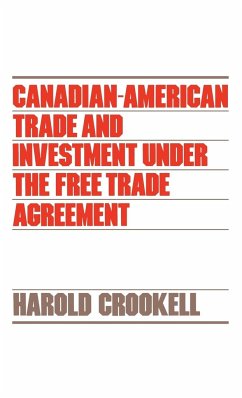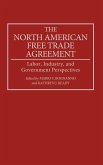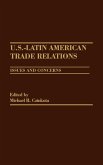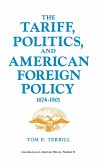Harold Crookell focuses on a major North American response to globalization: the U.S. - Canada Free Trade Agreement which became effective on January 1, 1989. Writing for executives of U.S. and Canadian businesses with activities in one another's countries, Crookell is particularly concerned with the effects of the agreement on parent-subsidiary relationships in the U.S. and Canada and on North America's ability to compete in the global economy. He provides a comprehensive overview of the history of free trade between the two countries, offers a clearer understanding of the agreement itself and how it differs from Europe 1992, shows how globalization is affecting parents and subsidiaries in the U.S. and Canada, and offers recommendations for transforming subsidiaries into integrated, contributing affiliates who will be effective global competitors in their own right. Crookell begins with a brief discussion of the history of Canada-U.S. dialogue on free trade over the past 130 years, showing how a dramatic change in the competitive environment finally led to passage of the current agreement. He then examines some important aspects of the Free Trade Agreement contrasting them with the key thrust of the Europe 1992 initiative. The third chapter deals with the ideology of free trade and the different challenges it poses for the two countries. He then turns to an extended examination of the issues of globalization and parent-subsidiary relations under the new agreement. Special attention is given to how American subsidiaries in Canada respond to the challenge of free trade and the role they can play in the competitive strategies of their parents. In the final chapter, Crookell looks at the many unresolved issues still being negotiated and the societal adjustment each country will have to make in order to ensure the success of the agreement. Anyone involved in U.S.-Canadian trade will find this book an important first step toward that end.
Hinweis: Dieser Artikel kann nur an eine deutsche Lieferadresse ausgeliefert werden.
Hinweis: Dieser Artikel kann nur an eine deutsche Lieferadresse ausgeliefert werden.








